Uncategorized
-
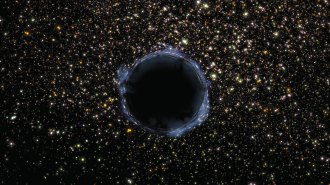 Cosmology
CosmologyHow we might finally find black holes from the cosmic dawn
After decades of study, scientists sound genuinely optimistic about the possibility of detecting primordial black holes, which might explain dark matter.
-
 Health & Medicine
Health & MedicineU.S. dementia cases may rise to 1 million per year by 2060
Baby Boomers may drive a drastic increase in dementia cases in coming decades, but there are steps people can take to reduce their risk.
By Meghan Rosen -
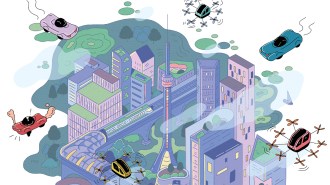 Tech
TechFlying cars could soon become a reality
Engineers have all the technology they need to make flying cars, but there are still some barriers to getting these sci-fi mainstays off the ground.
-

Enter a new era for our storied magazine
Editor in chief Nancy Shute introduces the new look and format of Science News, as it moves from publishing biweekly to monthly.
By Nancy Shute -

-
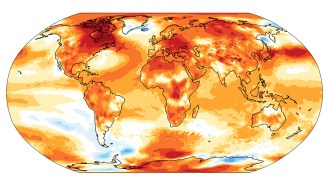 Climate
Climate2024 was Earth’s hottest year on record, passing a dangerous warming threshold
Global temperatures were the hottest on record in 2024; it was the first year where the average temperature topped 1.5 degrees Celsius above preindustrial times.
-
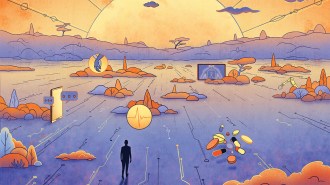 Health & Medicine
Health & MedicineAI could transform health care, but will it live up to the hype?
AI has the potential to make health care more effective, equitable and humane. Whether the tech delivers on these promises remains to be seen.
By Meghan Rosen and Tina Hesman Saey -
 Humans
HumansHow child soldiers heal after the trauma of war
For more than two decades, Theresa Betancourt has studied Sierra Leone’s former child soldiers. Her new book Shadows into Light tells their stories.
-
 Neuroscience
NeuroscienceHow people suppress memories may be key to PTSD recovery
People who recovered from PTSD changed the way their brains handle intrusive thoughts, a study of survivors of the 2015 Paris terrorist attacks shows.
-
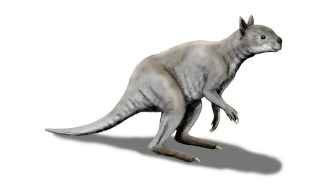 Paleontology
PaleontologyHumans, not climate change, may have wiped out Australia’s giant kangaroos
About 40,000 years ago, giant kangaroos vanished Down Under. Dental analyses suggest a varied diet, meaning climate change was not the main cause.
-
 Climate
ClimateCalifornia wildfire season should be over. So why is L.A. burning?
In some parts of California, fire season is now year-round due to rising heat and little rain. High winds and dry conditions are fueling L.A.’s infernos.
By Nikk Ogasa -
 Particle Physics
Particle PhysicsCosmic rays could help reveal how tornadoes form
Subatomic particles called muons could measure pressure changes in supercell thunderstorms and the twisters they kick up.